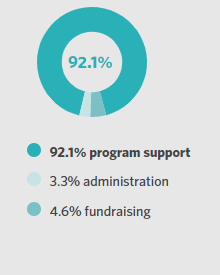
Their Own Paths
A lesson on trusting that families know best
By Scott Wasserman
November 15, 2021 | 40 Years 40 Lessons
In my eight years as president and CEO of Unbound, I’ve traveled to many of the countries where people sponsor children and elders. I’ve witnessed the diverse reality of daily life for the families, scholars and staff in our programs.
Poverty looks different around the world. Its unique causes and situations call for unique solutions, so Unbound programs look a little bit different from country to country, and in rural versus urban settings.
- Some aspects of Unbound’s work are global:
- An emphasis on education, which helps youth break the cycle of poverty;
- Cash transfers, our primary method of benefit delivery, which honor sponsored members’ dignity and decision-making power;
- Livelihood programs, which help families build a sustainable future;
- Mothers groups and parent participation, which build on the wisdom and leadership of parents
We trust Unbound staffs to employ a variety of approaches to program implementation, depending on what works where they are.
So, the introduction of the sponsorship journey looks a little bit different for each sponsored friend. But no matter where in the world they are located, the best place for these families to start is, of course, at the beginning.
a first step
In Uganda, program coordinator Teddy Naluwu has instituted a step-by-step process for families entering the sponsorship program. It makes sense, and it’s a logical approach to poverty eradication. But when I first learned about step one, I was surprised.
Teddy took me to visit a recently sponsored child. The child’s father was proud to show us his hand-crafted, wooden dish rack. He said that his dish rack was the first thing he did with his family’s sponsorship.
We went from his home to a meeting of Unbound mothers. One of them said she used her first month’s sponsorship to buy the nails for a future dish rack. Another said she had purchased some of the wood, but she would need to wait for next month’s sponsorship before buying the rest.
I asked Teddy, “Why do these families prioritize dish racks?” Working in the United States, I never would have thought of dish racks as a priority for families to overcome poverty.
My question may have seemed ignorant to Teddy, but she answered me patiently. She said that without dish racks, families would put their washed dishes on the ground to dry. Chickens would walk across their dishes, tracking dust, droppings and bacteria. Families would then need to use their sponsorship resources to treat disease, instead of investing in education, micro-businesses and their future.
The dish racks in Uganda taught me the importance of empowering families to direct their own paths out of poverty. Families continually surprise me with their innovation and perseverance.
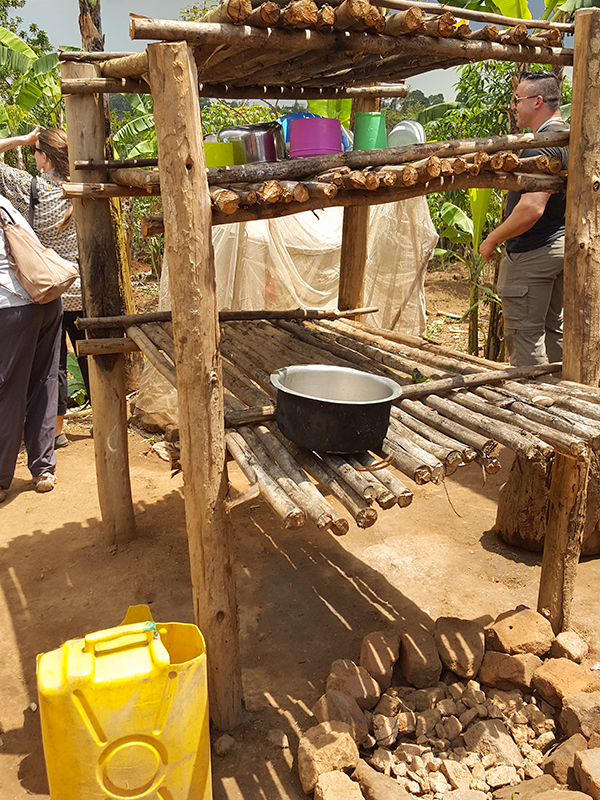
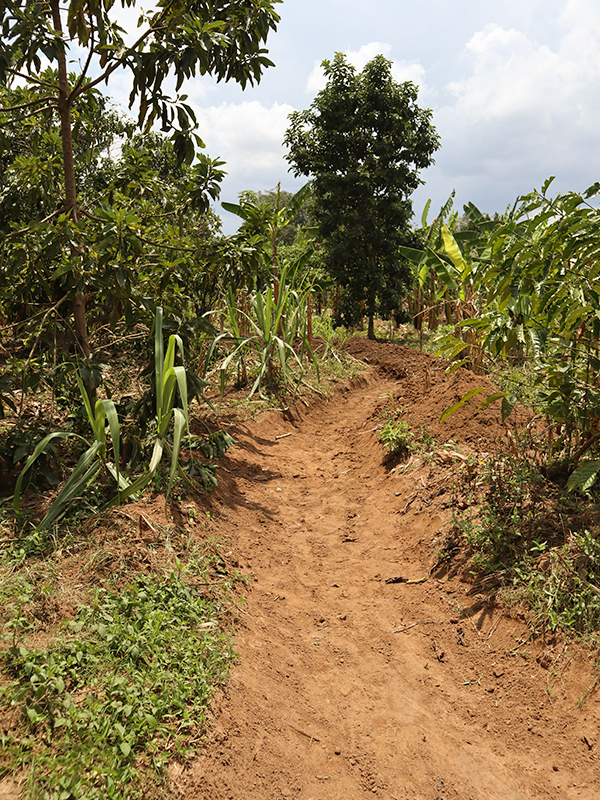
Photo 1: A dish rack sits outside a home in Uganda. Racks like this help keep dishes and cookware off the ground and away from animals that could spread disease. They’re one of many examples of simple additions that make big contributions to family life in countries where Unbound works.
Photo 2: A dirt road winds through vegetation leading up to the home of a sponsored member in Uganda. Local Unbound program teams devote much time and energy traveling to visit families living in remote areas.
In 2011, at the end of co-founder Bob Hentzen’s 8,000-mile walk from Guatemala to Chile, he repeatedly was asked what he was going to do now that he had finished walking. He declared that for all of us at Unbound, “The adventure is just beginning.”
For some in our community, their Unbound road begins with the click of a mouse on a “Sponsor Me” button, or by filling out a form at the back of a church. For some, their Unbound road begins when a social worker returns to their home to let them know their child has been selected for sponsorship. For others, the Unbound road begins when applying for employment at an Unbound office. And for others, still, it begins when someone shows off a letter from their sponsored friend and explains how this whole Unbound thing works.
After 40 years of hope, love, friendship and opportunity, of dish racks, diplomas, new businesses and careers, of improved health and homes, of tears and heartbreak and dusting ourselves off, of smiles and travel and connection, we’re so looking forward to everything on the road ahead, no matter how each person’s journey starts.
After all, the adventure is just beginning!
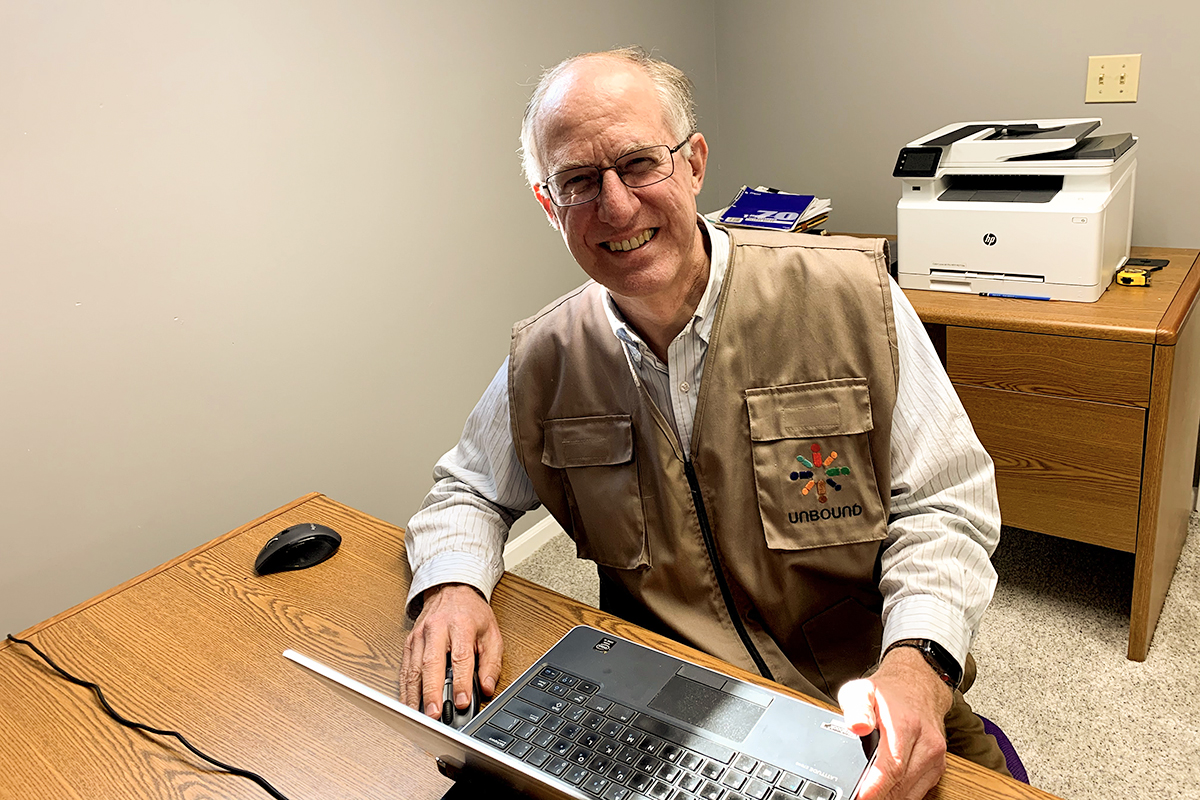
President and CEO Scott Wasserman works in his home office. Before the pandemic, Scott spent much of his time outside the office visiting Unbound programs around the world. He looks forward to being able to travel again.
The dish racks in Uganda taught me the importance of empowering families to direct their own paths out of poverty. Families continually surprise me with their innovation and perseverance.
— Scott Wasserman, UNBOUND PRESIDENT AND CEO
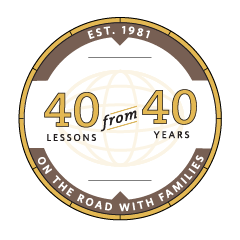

About the author:










